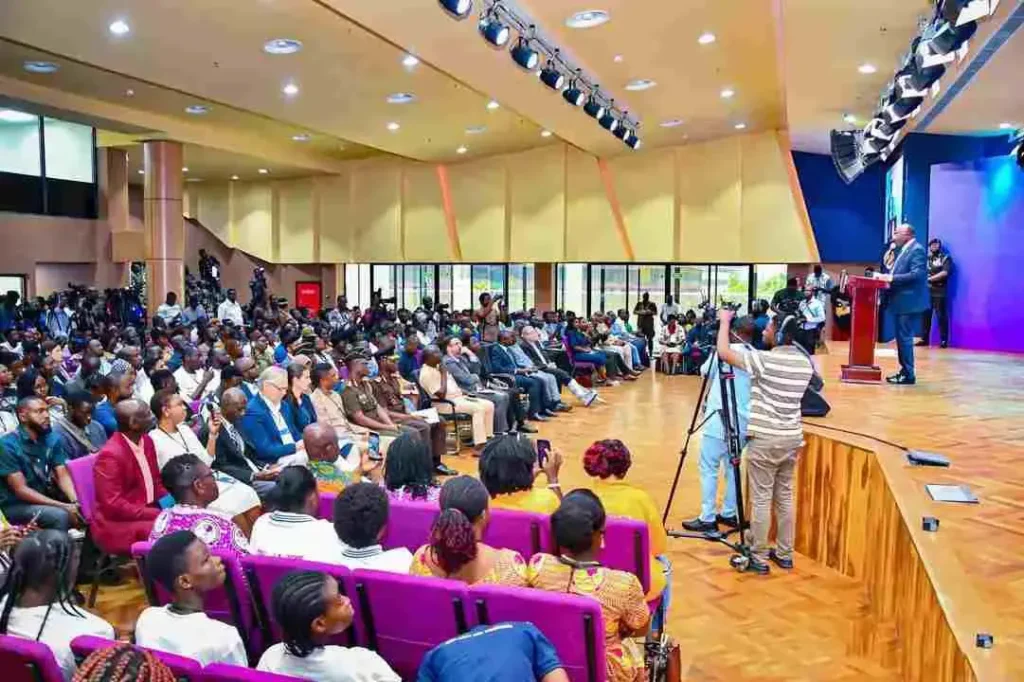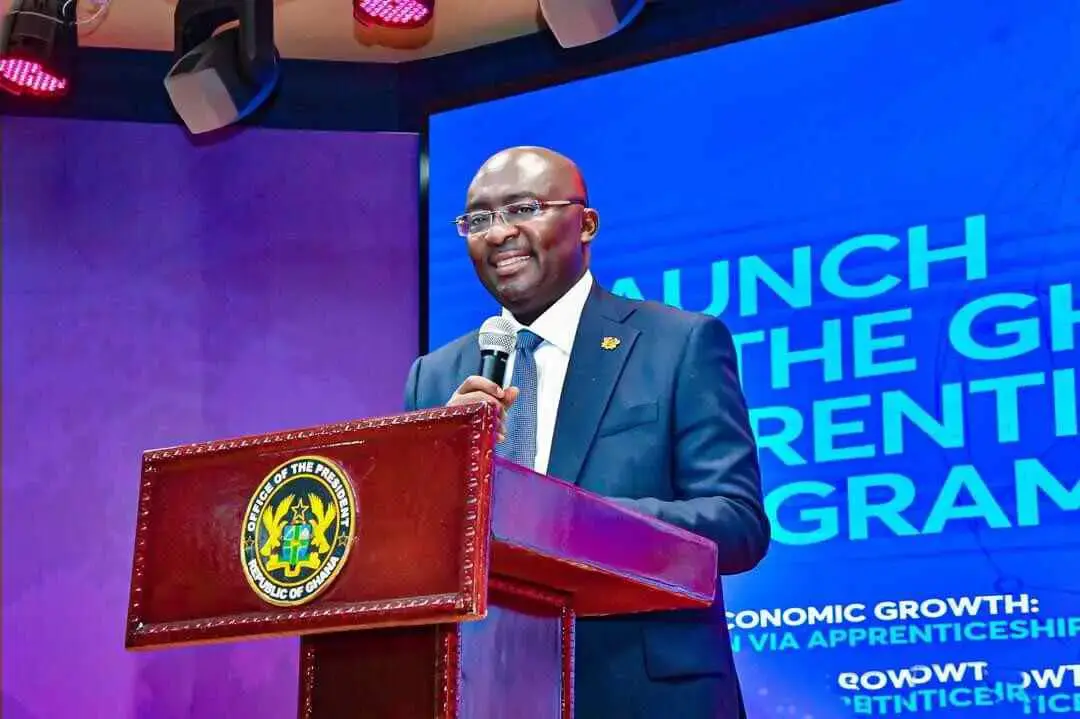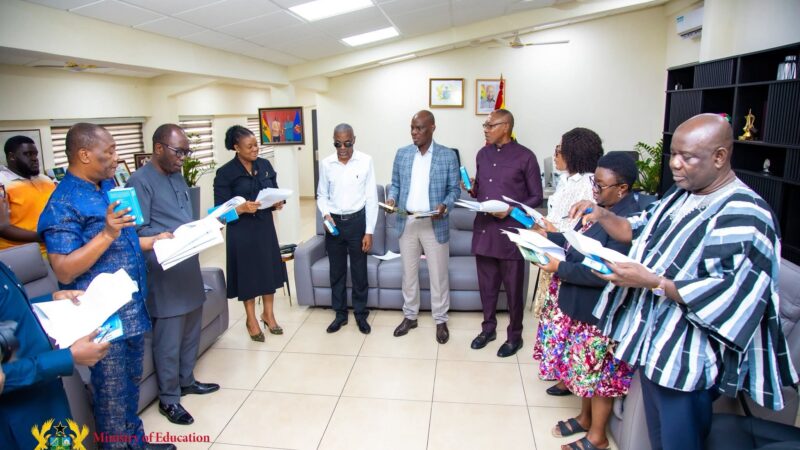On Wednesday, March 13, 2024, Dr. Mahamudu Bawumia, who is the Vice President of Ghana, had the privilege of inaugurating the nationwide Ghana Apprenticeship Programme (GAP) under the auspices of the Commission for Technical Vocational Education Training (CTVET). The primary objective of GAP is to provide comprehensive training to approximately 50,000 Master Craftsmen and apprentices, encompassing a diverse array of technical, vocational, and educational skills.
GAP represents a transformative initiative, steering away from traditional methodologies and embracing a competency-based approach. This strategic shift ensures that apprentices not only acquire theoretical knowledge but also gain practical, industry-relevant skills. The overarching goal is to modernize the apprenticeship system, rendering it more flexible and responsive to the dynamic needs of industries. By doing so, GAP aspires to augment the employability of apprentices, thereby contributing substantially to the overall competitiveness of the Ghanaian workforce.
Address by Dr. Bawumia
Dr. Bawumia indicated that, undoubtedly, the success of this initiative builds upon the foundation laid by the government’s unwavering commitment over the past seven years. During this period, the government has allocated an impressive sum exceeding GHC 6 billion to bolster Technical Vocational Education and Training (TVET) infrastructure and equipment. Additionally, several hundreds of millions of cedis have been invested in Free TVET, resulting in a remarkable increase in enrollment figures from 60,000 in 2016 to a staggering 157,000 in 2023. This monumental investment signifies the most extensive commitment to TVET by any government since Independence.

The Ghanaian Apprenticeship Programme stands as a testament to our dedication to quality education and skill development. By infusing substantial resources into TVET infrastructure and equipment, we have paved the way for a robust and modernized apprenticeship system. The impressive increase in enrollment is a tangible outcome of our efforts, reflecting a paradigm shift in the perception and pursuit of technical and vocational education in Ghana.
GAP’s emphasis on competency-based training underscores our commitment to producing a workforce that is well-equipped to meet the demands of the contemporary job market. Through this program, apprentices will actively engage in hands-on experiences, honing skills that are directly applicable to the needs of various industries. This holistic approach ensures that apprentices emerge as versatile professionals, ready to contribute meaningfully to their respective fields upon completion of the program.
In essence, GAP is designed to address the evolving landscape of industries by aligning the apprenticeship system with the current and future needs of employers. The dynamic nature of technology and industry requires a workforce that is adaptable and possesses a diverse skill set. By adopting a competency-based approach, GAP ensures that apprentices are prepared to navigate and excel in the rapidly changing professional environment.
The government’s significant investment in TVET over the years reflects a strategic foresight that acknowledges the pivotal role of technical and vocational education in shaping the nation’s economic landscape. By injecting substantial funds into TVET infrastructure and introducing Free TVET, we have actively dismantled barriers to access and elevated the status of technical education in Ghana.
As we celebrate the launch of the Ghana Apprenticeship Programme, we are heralding a new era of skill development and economic empowerment. This program is a demonstration to our commitment to fostering a skilled workforce that can propel Ghana towards sustained economic growth and competitiveness on the global stage, he added. The strides we have made in TVET investment and enrollment are indicative of a nation that recognizes the transformative potential of technical and vocational education. The Ghanaian Apprenticeship Programme stands as a beacon of progress, illuminating the path towards a future where skills are valued, nurtured, and celebrated as integral components of national development.
Keep visiting gheducate.com for more credible information and updates.




